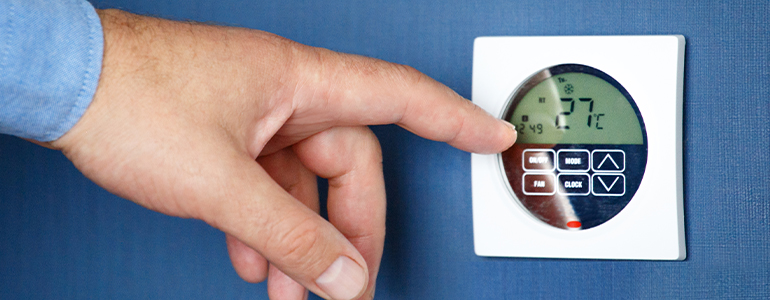With more and more homes being built in remote locations, the amount of homes that are connected to a gas network is declining . This means, to gain access to hot water and heating you need to look at suitable alternatives. At Greener Homes we are specialist heating engineers with a vast amount of experience within our industry. In our latest article we take a look at the best heating options for homes without gas.
What Are The Options?
Even though a gas boiler continues to be one of the most popular boiler types, for those that are not connected to the gas network there needs to be an alternative. There has been a growing amount of systems which you can utilise and these include the following:-
Oil
Oil boilers work in a similar way to gas boilers. The only difference is that in an oil boiler they burn oil instead of gas. This is why they also require an oil storage tank in order to work. By using an oil boiler you need to consider where you are going to have your tank stored and also how accessible your home is to have oil delivered. As far as boiler options go however it is a very common option.
LPG
LPG or as it is also known Liquid Petroleum Gas is a type of gas, but unlike natural gas it is not fed into the boiler. Instead this method also requires a storage tank to house the LPG. The LPG does produce less carbon than its oil alternative when burnt making it a greener option. The LPG also has multiple household uses for example it can be used for an oven or the hob.
The Renewable Alternatives
With such a rise in alternative heating methods it is common that people will consider alternatives to Oil and LPG. The alternatives that can be looked at also included various types of boilers. Therefore some of the best renewable heating options homes with gas include:-
Electric Boiler
An electric boiler is 99%-100% efficient due to the fact that they do not waste hardly any electricity. Instead, the energy is used to heat the water for the central heating. This is unlike gas and oil which is often used as they tend to run at 92% efficiency. This would translate into every £1 that is spent, 8p of it is wasted. This may not sound a large number, but this does make a huge difference over the course of the year.
Biomass Boiler
Rather than burning fossil fuels, a biomass boiler will burn pellets, chips and logs of wood. While this may seem to some to be a very dated way in which to heat your home, the modern technologies of how it is done means that it is very much one for the present day. The downside of having a biomass boiler however is that it does emit carbon into the atmosphere.
Air Source Heat Pumps
It is rumoured that replacing a G-rated boiler with an air source heat pump could save you up to £550 a year on your heating bill. Air source heat pumps work by extracting air from the outside even during the winter. This air is then used in conjunction with an exchanger which creates compressed air for added heat. The great thing about this method is that regardless of it being summer or winter this will be effective.
Ground Source Heat Pumps
A ground source heat pump is great due to the way in which they are fitted. With underground temperatures sitting at around 10 degrees plus, they are always able to take this heat in to be used for central heating. The water and antifreeze solutions contained in this heat pump are then circulated around the heat exchanger and are then transferred into the home for use with a central heating system.
Solar Thermal
Solar PV panels generate renewable electricity for the home by using solar thermal panels to capture the sun’s rays. These rays are then turned into an energy source that heats the water in a hot water cylinder for central heating and also hot water. Most solar panels are installed into the roof, but can also be fitted to flat walls if there is a need for more space. If your home has a hot water cylinder then this system is going to be very beneficial.
To Conclude
For those homes that find themselves not connected to the gas network they need to find alternatives so they can heat their home. This is where the best heating options for homes without gas comes in. By looking at alternatives it is easier for homeowners to make informed decisions about what is going to be best. At Greener Homes we are specialist heating engineers with a keen focus on alternative heating methods. For more advice or information on our services please do Contact Us.
